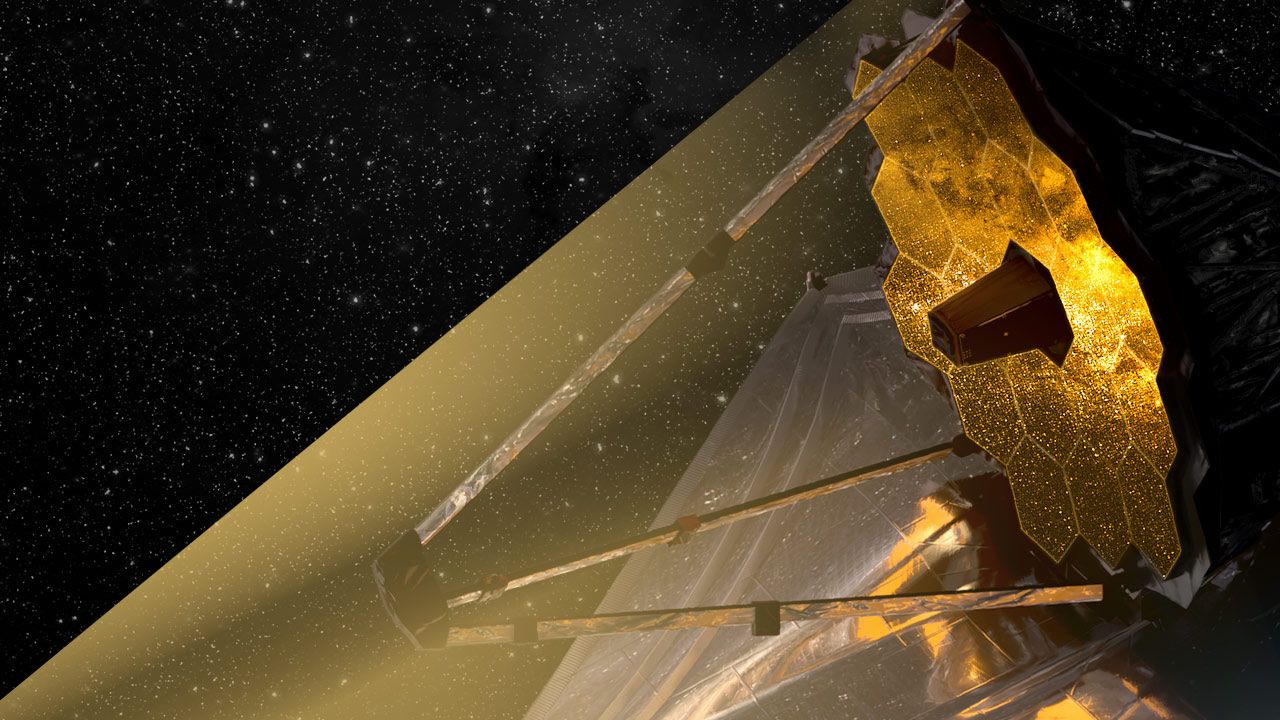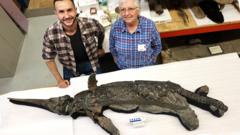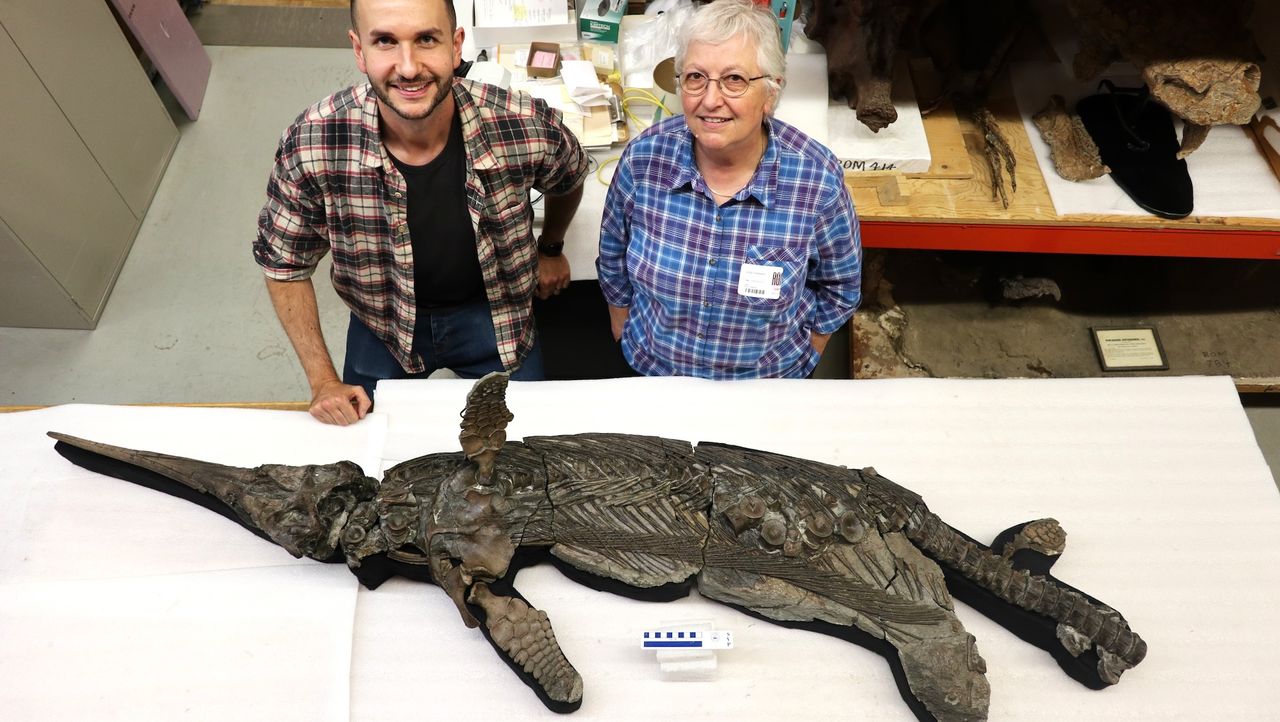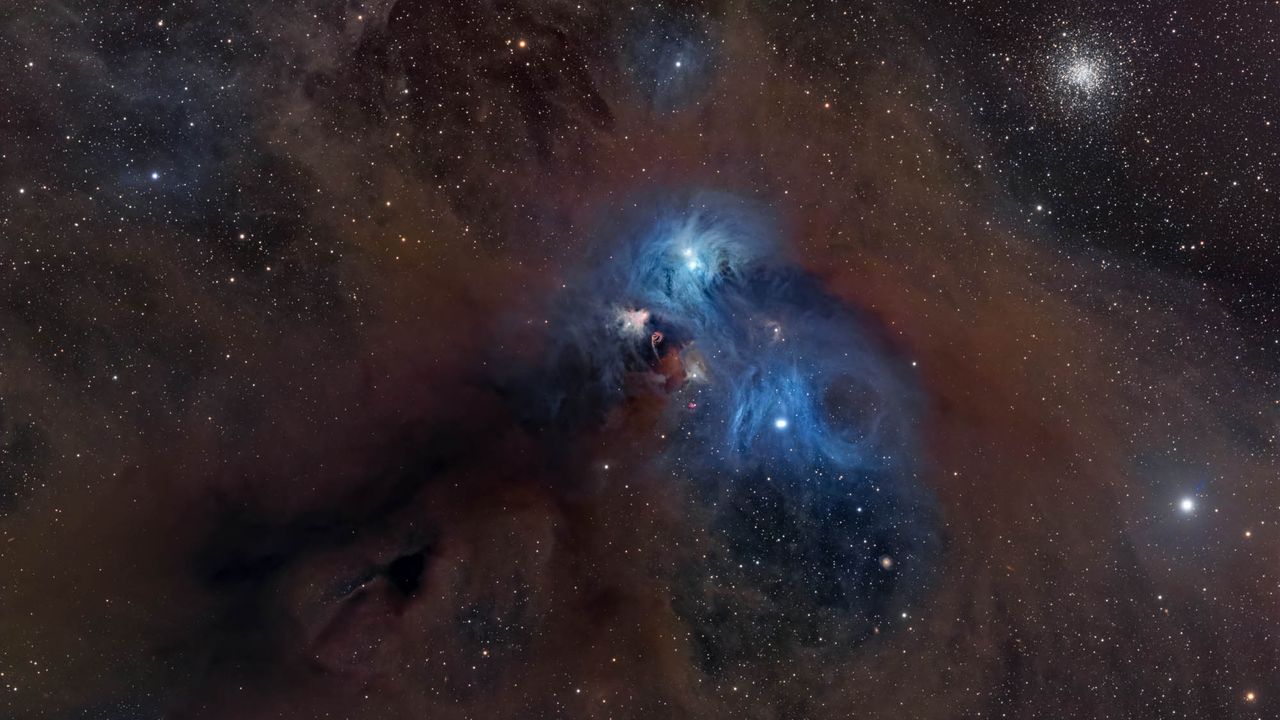BBC Inside Science
PositiveScience
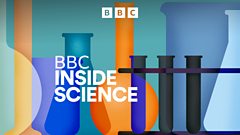
In a significant shift for global energy, renewables have officially surpassed coal as the world's largest source of electricity. This milestone highlights the growing commitment to sustainable energy solutions and reflects a broader trend towards reducing carbon emissions. As countries invest more in wind, solar, and other renewable technologies, this transition not only benefits the environment but also signals a new era in energy production that could lead to greater energy security and economic opportunities.
— Curated by the World Pulse Now AI Editorial System
